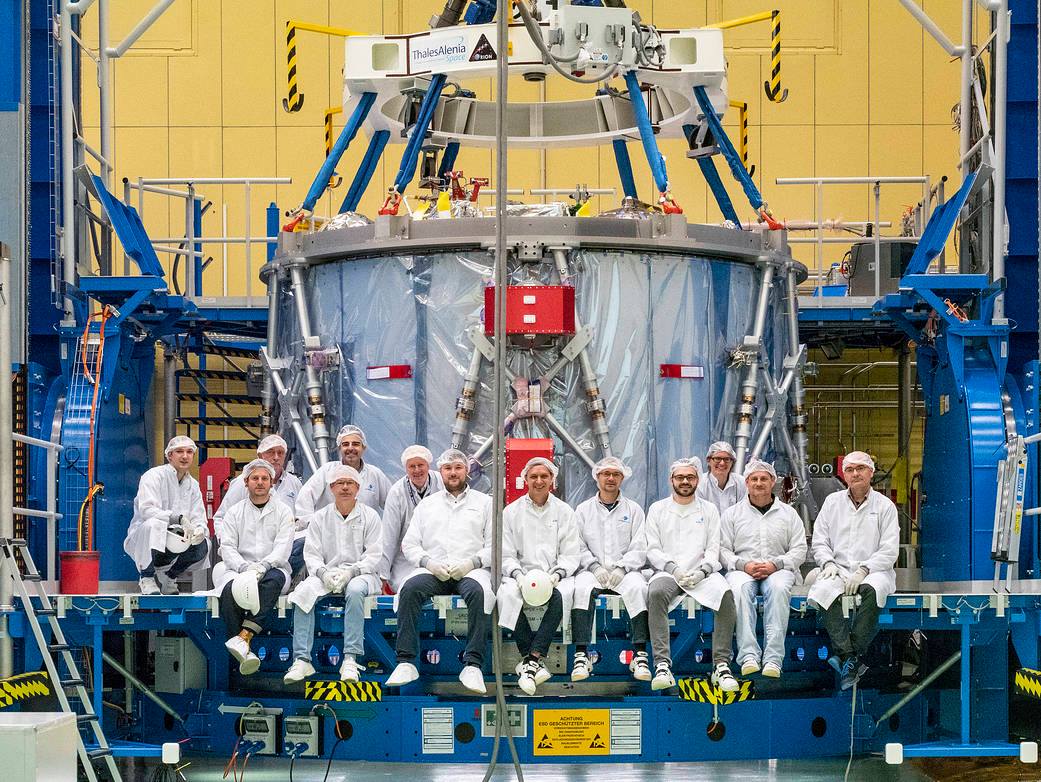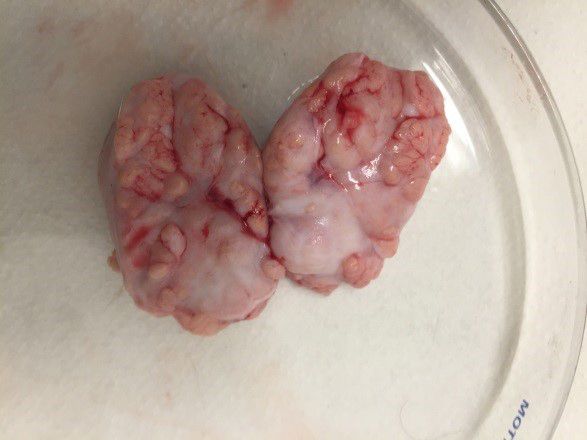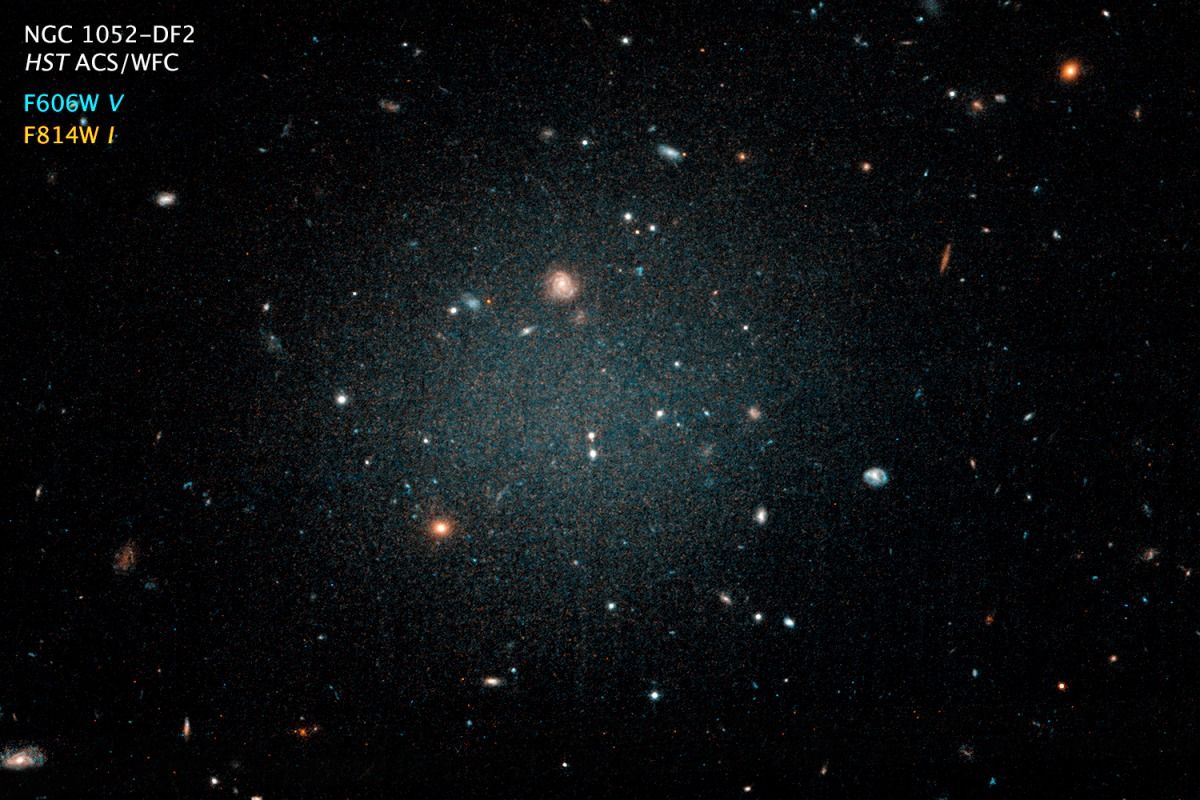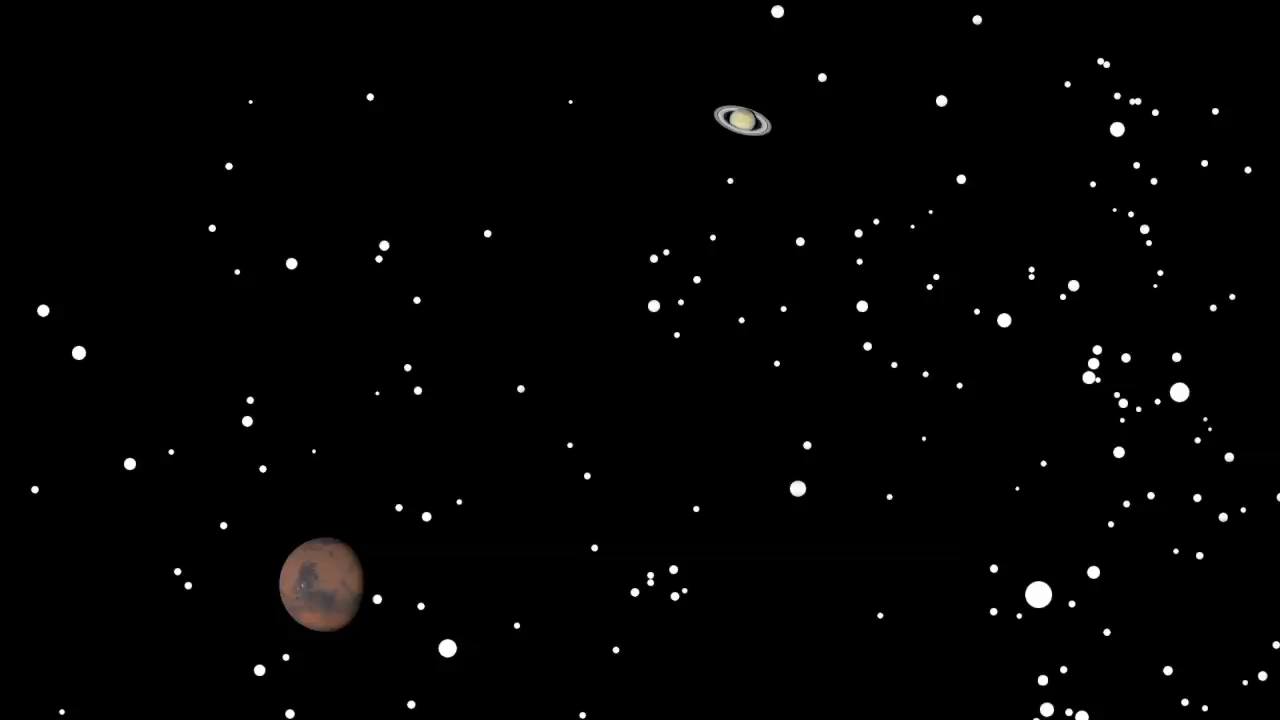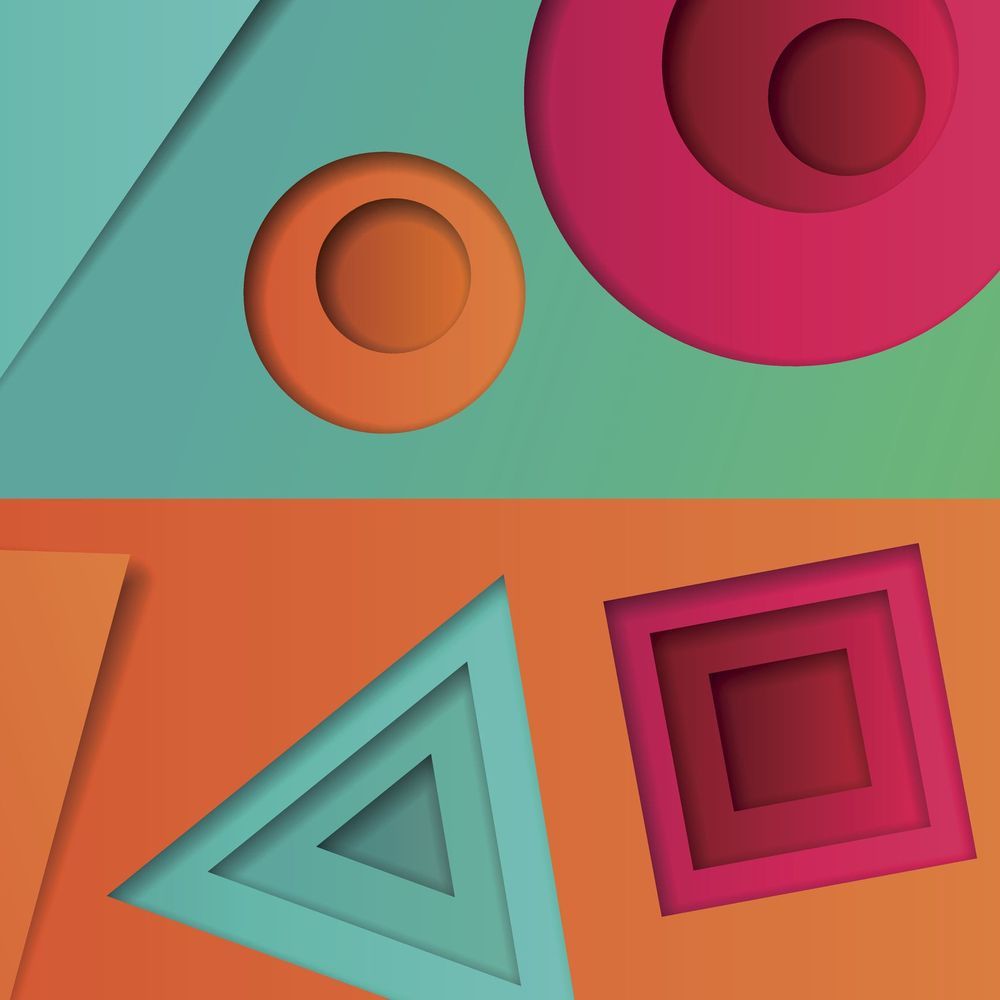
Now in a new paper, published in Psychological Science, Martin Maier and Rasha Abdel Rahman at the Humboldt University of Berlin report that by affecting visual processing at an early stage, such linguistic differences can even determine whether someone will see a coloured shape – or they won’t. “Our native language is thus one of the forces that determine what we consciously perceive,” they write.
The wavelengths of light that we perceive as colours form a smooth continuum, but crucially, the colour categories that people use to divide up this spectrum vary between languages. Maier and Abdel-Rahman studied native Greek-, Russian- and German-speakers for whom these categories differ.
In both Greek and Russian, there is a dedicated category-word for “light blue” and another for “dark blue” but no specific word for “blue” as a broader category. In German (as in English), people can use qualifiers to refer to “light blue”, “navy blue” or “sky blue”, and so on, but there are no dedicated category words for these shades. On the other hand, in German (also as in English) there is a dedicated word “blue” (blau in German) to cover all the shades of blue. However, Russian, Greek and German alike have a dedicated category word for referring to all shades of “green”, just as we do in English.
Continue reading “Your native language affects what you can and can’t see” »
